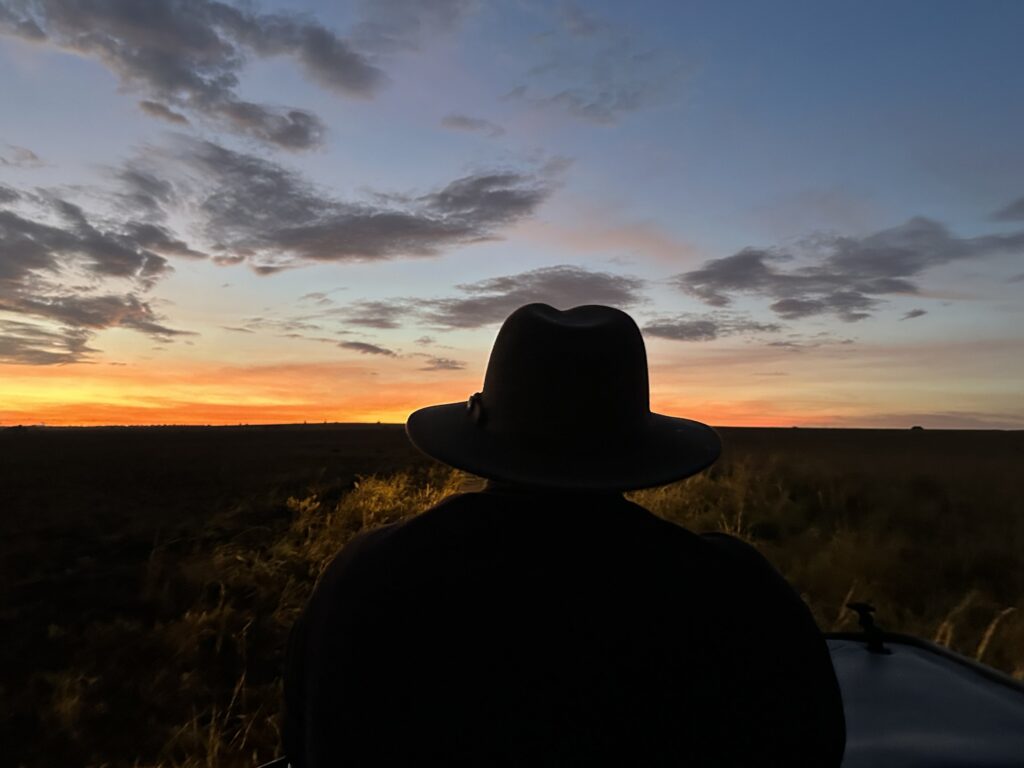What To Pack For a Safari?
Packing for a safari can be an exciting yet daunting task. Whether you’re embarking on a thrilling adventure through the savannas of Africa or exploring the dense jungles of Asia, being prepared with the right gear and clothing is essential for a comfortable and enjoyable experience. In this guide, we’ll discuss everything you need to pack for a safari to ensure you’re ready for whatever the wilderness throws your way.
Essential Clothing for Safari
Comfortable Clothing
One of the most crucial aspects of safari packing is selecting comfortable clothing that allows for ease of movement. Opt for lightweight, breathable fabrics such as cotton or moisture-wicking materials to stay cool and comfortable in the heat.
Layering for Varying Temperatures
Safari destinations often experience fluctuating temperatures throughout the day. Layering is key to staying comfortable in both hot days and chilly evenings. Pack long-sleeved shirts, lightweight jackets, and sweaters that can be easily added or removed as needed.
Neutral Colors for Wildlife Viewing
When it comes to choosing clothing for safari, it’s best to stick to neutral colors such as khaki, beige, and olive green. These colors blend seamlessly with the natural surroundings and are less likely to attract unwanted attention from wildlife.
Footwear for Safari
Sturdy and Comfortable Shoes
A sturdy pair of walking shoes or hiking boots is essential for navigating uneven terrain during game drives and bush walks. Choose footwear with good ankle support and a grippy sole to prevent slips and falls.
Closed-toe Shoes for Protection
To protect your feet from thorns, rocks, and insect bites, opt for closed-toe shoes or boots rather than sandals or flip-flops. Closed-toe footwear also provides added protection against snake bites and other potential hazards.
Protection from the Elements
Sun Protection
The African sun can be unforgiving, so it’s essential to pack sun protection gear such as wide-brimmed hats, sunglasses, and high SPF sunscreen. Reapply sunscreen regularly throughout the day, especially after swimming or sweating.
Insect Repellent and Protection
Insect bites can put a damper on your safari experience, so be sure to pack plenty of insect repellent with DEET or picaridin. Additionally, consider wearing lightweight, long-sleeved clothing and pants to minimize exposed skin and reduce the risk of mosquito bites.
Rain Gear
While safari destinations are known for their dry climates, unexpected rain showers can occur, particularly during the wet season. Pack a lightweight, waterproof jacket or poncho to stay dry during sudden downpours.
Safari Gear and Accessories
Binoculars and Cameras
A good pair of binoculars and a quality camera are essential for capturing up-close views of wildlife and breathtaking landscapes. Invest in a compact, lightweight camera with a zoom lens for crisp, clear photos from a distance.
Hats and Sunglasses
Protect your eyes and face from the harsh sun with a wide-brimmed hat and polarized sunglasses. Look for sunglasses with UV protection to shield your eyes from harmful rays and reduce glare.
Backpacks and Daypacks
Carry all your essentials comfortably with a durable backpack or daypack. Choose a lightweight, water-resistant backpack with multiple compartments for storing snacks, water bottles, sunscreen, and other necessities.
Health and Safety Essentials
Medications and First Aid Kit
Pack a basic first aid kit with essentials such as bandages, antiseptic wipes, pain relievers, and any prescription medications you may need. Be sure to include remedies for common ailments such as headaches, allergies, and upset stomachs.
Drinking Water and Hydration
Staying hydrated is crucial, especially in hot, arid climates. Pack a refillable water bottle and drink plenty of fluids throughout the day to prevent dehydration. Avoid drinking untreated water and opt for bottled or filtered water whenever possible.
Personal Hygiene Products
Maintain good hygiene standards with travel-sized toiletries such as hand sanitizer, biodegradable soap, and wet wipes. Pack a small towel or washcloth for freshening up during long days in the bush.
Packing Tips and Tricks
Packing Light and Smart
When packing for a safari, less is often more. Stick to the essentials and avoid overpacking to minimize bulk and maximize mobility. Choose versatile clothing and gear that can be worn multiple times and easily washed if necessary.
Using Packing Cubes or Compression Bags
Organize your belongings efficiently with packing cubes or compression bags. These handy accessories help maximize space in your luggage and keep items neatly organized throughout your journey.
Double-checking Essential Items
Before departing for your safari adventure, double-check that you have all the essential items packed and ready to go. Make a checklist of everything you’ll need, including travel documents, medications, and safari gear, to ensure nothing is forgotten.
Conclusion
Packing for a safari requires careful consideration and planning to ensure you’re prepared for the adventure ahead. By following the tips outlined in this guide and packing the essentials, you can embark on your safari with confidence, knowing you have everything you need to make the most of your wildlife experience.


